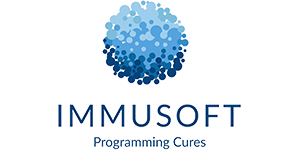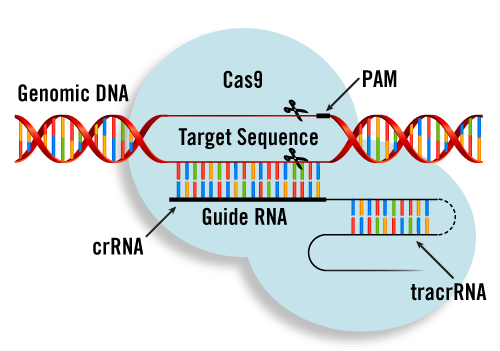Biography
Dr. Robert Hayes oversees Immusoft’s preclinical research. He spearheads the near-term advancement of ISP-001 for treating of Mucopolysaccharidosis type I (MPS I) into a clinical study and additional Immune System Programming (ISP™) candidates towards clinical development.
He has a proven record for building teams around scientific concepts and technologies, including cell therapeutics, transposon systems, cancer vaccines, and bispecific monoclonal antibodies. He has significant experience forming partnerships to advance the development and application of novel therapeutic platforms.
Dr. Hayes obtained his Ph.D. in Biochemistry at Imperial College London as a Royal College of Science Scholar. He joined a start-up computational biology company called Xencor in Pasadena, California, where he helped establish their “Antibodies by Design” technology.
Dr. Hayes then joined Janssen (Johnson & Johnson), where he co-founded and developed the vision and strategy for Centyrex. This stand-alone Janssen R&D venture develops alternative scaffolds with applications beyond traditional protein therapeutics.
Talk
Emerging Therapeutics Showcase:
Immusoft Corporation
Our mission at Immusoft is to develop novel cell therapies by programming B cells to produce therapeutic proteins that improve the lives of patients with rare diseases.
Immusoft: B cells as biofactories
We program B cells to produce therapeutic proteins that improve the lives of patients with rare diseases.
Session Abstract – PMWC 2023 Silicon Valley
The PMWC 2023 Emerging Therapeutics Showcase will provide a 15-minute time slot for selected companies and researchers in the CRISPR, Cell and Gene Therapy fields. Major advancements in safer cell- and gene-level editing technologies are bringing us closer toward cures for life-threatening disorders, from cancer to HIV to Huntington’s disease. Cell therapy, in which cellular material such as T cells capable of fighting cancer cells, is injected into a patient, has been demonstrated safe and effective. The popular new CRISPR tool that has been used to edit the genetic code of nearly any organism will have an enormous impact on human health. More than a dozen clinical trials employing CRISPR on human cells are already underway.
- Emerging Therapeutics/Cell Therapy
- Emerging Therapeutics/CVD
- Emerging Therapeutics/Gene Therapy
- Emerging Therapeutics/Immunotherapy
- Emerging Therapeutics/Radiation Therapy









